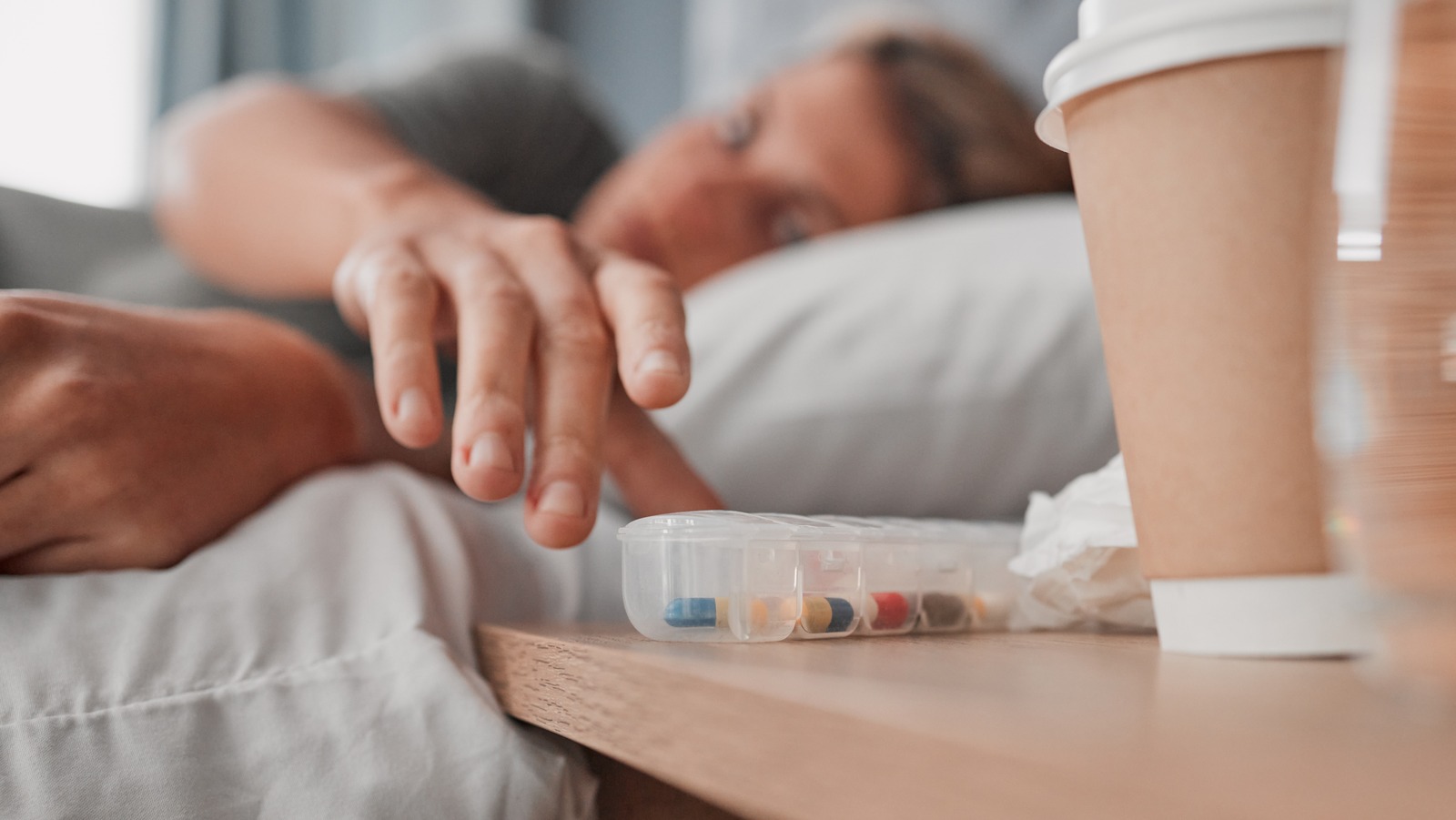There’s a reason why coffee has been classically touted as a morning pick-me-up beverage. It jolts your system awake. “Caffeine works by blocking sleep-promoting receptors in your brain called adenosine receptors. It can do this because, structurally, caffeine looks very similar to adenosine, the molecule that usually binds to these receptors,” primary care physician Dr. Rashad Ramkissoon of Houston Methodist explained to the hospital’s blog.
Melatonin does the opposite to your system. Produced naturally by our brain’s pineal gland, melatonin is a hormone that works in conjunction with your circadian rhythm to let you know when it’s time for bed. It’s produced in higher quantities at night in response to darkness, and its levels decrease when the sunlight comes streaming through your windows in the morning. According to a 2013 meta-analysis of 19 separate studies published in PLUS One, melatonin supplementation was found to be effective when it came to reducing sleep onset latency, boosting total sleep time, and improving overall sleep quality in adults and children diagnosed with primary sleep disorders.
If you consume caffeine at the same time as this sleep medication, however, it can inhibit the metabolism of melatonin in your body, according to a 2020 study published in BioMed Research International. In fact, caffeine is thought to decrease melatonin levels in your system. Now you might be wondering — who would consume coffee before bed if they’re already on melatonin pills to help them fall asleep? This is where timing could become a concern.

